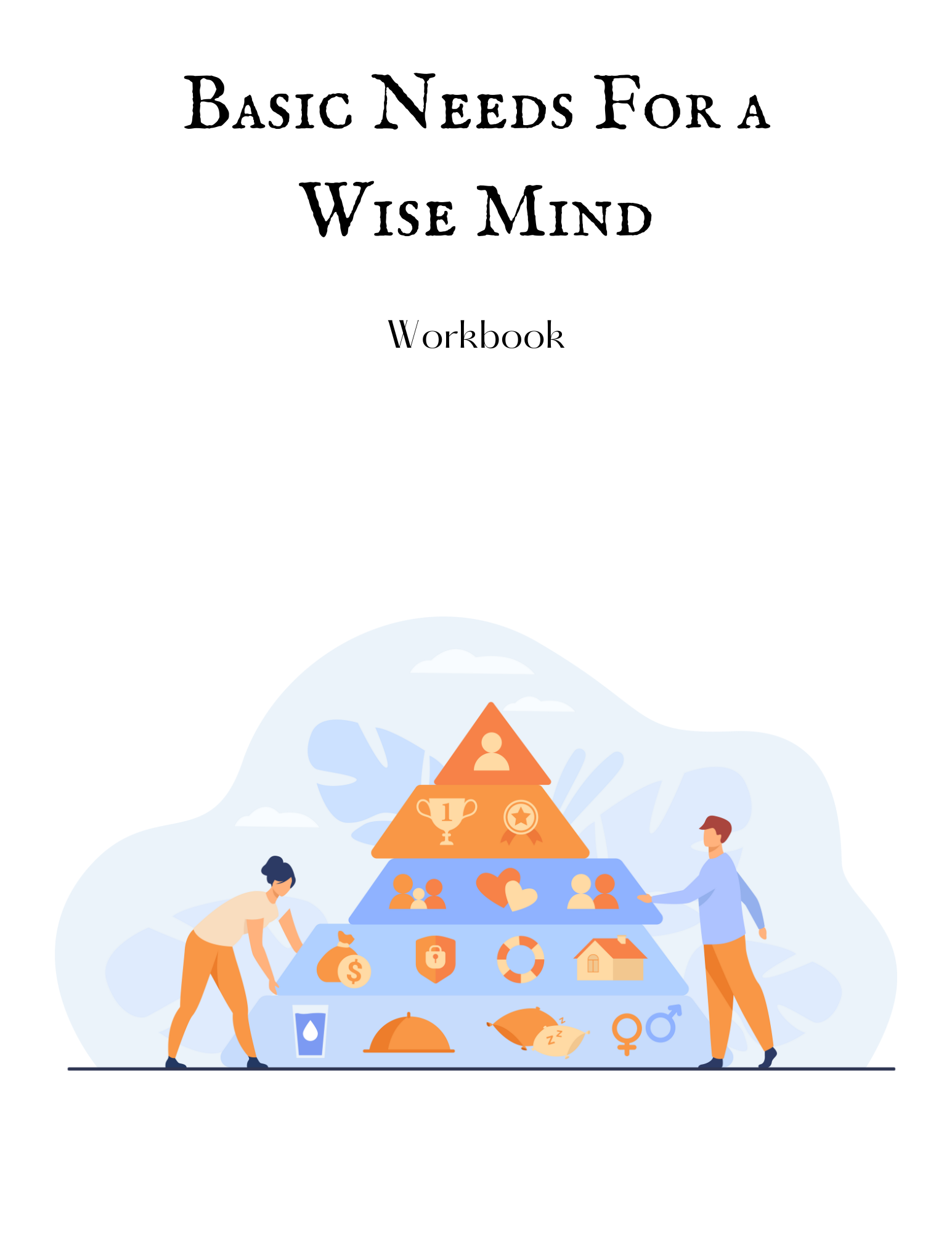Breaking Generational Trauma
I never thought my trauma could help others and be such an influence in my work.
When I was nine years old, I was molested by my ex-stepfather. My mother remarried when I was five, and what looked like a loving family on the outside was full of pain, abuse, and abandonment. You can dive deeper into my story by checking out my memoir series. The reality of getting a second chance at a happy family was shattered underneath a Christmas tree on Christmas Eve. Trauma can come in many forms, abuse, abandonment, sexual trauma, and more. As I began to mature, I was frozen in time. As if I never had the chance to grow up. Trauma can have many psychological impacts and, in some circumstances, leave physical scars behind. One of the ways I would cope with the unresolved trauma was self-mutilation. Back in 2001, cutting your wrist was becoming mainstream for kids who suffered similar issues as I had. Lack of parental guidance and influence from siblings led to a life of depression, suicide attempts, and extreme self-worth issues. My Father is an alcoholic and drug addict, and I watched many closest to me struggle with addiction, including myself. I faced so much Trauma I wrote a two-part memoir/self-help series called Damaged Girl and More Than A Runaway.
You have what it takes to break those chains that bind you….
Sometimes trauma can continue through the generations, and I found a great article on Psychology Today. The writer discusses how we can work through and break the cycle.
Open up a conversation with your parents about their experiences and how they coped.
Notice any embedded patterns, attitudes, or narratives from your family that you continue to portray.
Talk through these areas with a trusted friend, family member, or therapist and consider an alternative way of coping or communicating. (2021)
As we begin not to allow our fear and anxiety to overrule our decisions, we can better create that accountability and self-control. In Some circumstances, if all methods have failed, we must accept that sometimes the individual/s is toxic, and we must protect ourselves. Setting healthy boundaries, no contact, and other forms may have to be put in place for you to continue to work towards healing, growth, and transformation; conditioning can also impact whether or not we can choose to protect ourselves from toxic family or friends.
Many generations sweep trauma or abuse under the rug rather than bringing awareness. I always aimed to help others feel supported, heard, and accepted. Have I triggered people? Of course, this is not the most straightforward topic to share, discuss and bring to light. But as you have heard, “anything done in the dark will always be brought to the light.” It may take years, but a warrior or brave individual will always be willing to speak the truth.
Another supportive method that I have found to be helpful is “Release Letters.” Writing out your emotions and thoughts can help make space to introduce new beliefs, boundaries, and hope for a better future.
In conclusion, we must recognize when it’s time to fight for what’s righteous. Our children and future generations depend on us to rewrite our lost, destructive world. This requires awareness, action, and strength.
Take time this week ahead to awaken the truth.
Ok, homework time!
Where in your life do you need to bring more light and hope?
How can you set better boundaries?
When can you start?
What do you need to accomplish this?
Lastly, keep strong and be the light the world desperately needs!
Elise
Citations and References:
Breaking the Chains of Generational Trauma, July 3, 2021, Elizabeth Dixon, LISW-CP
